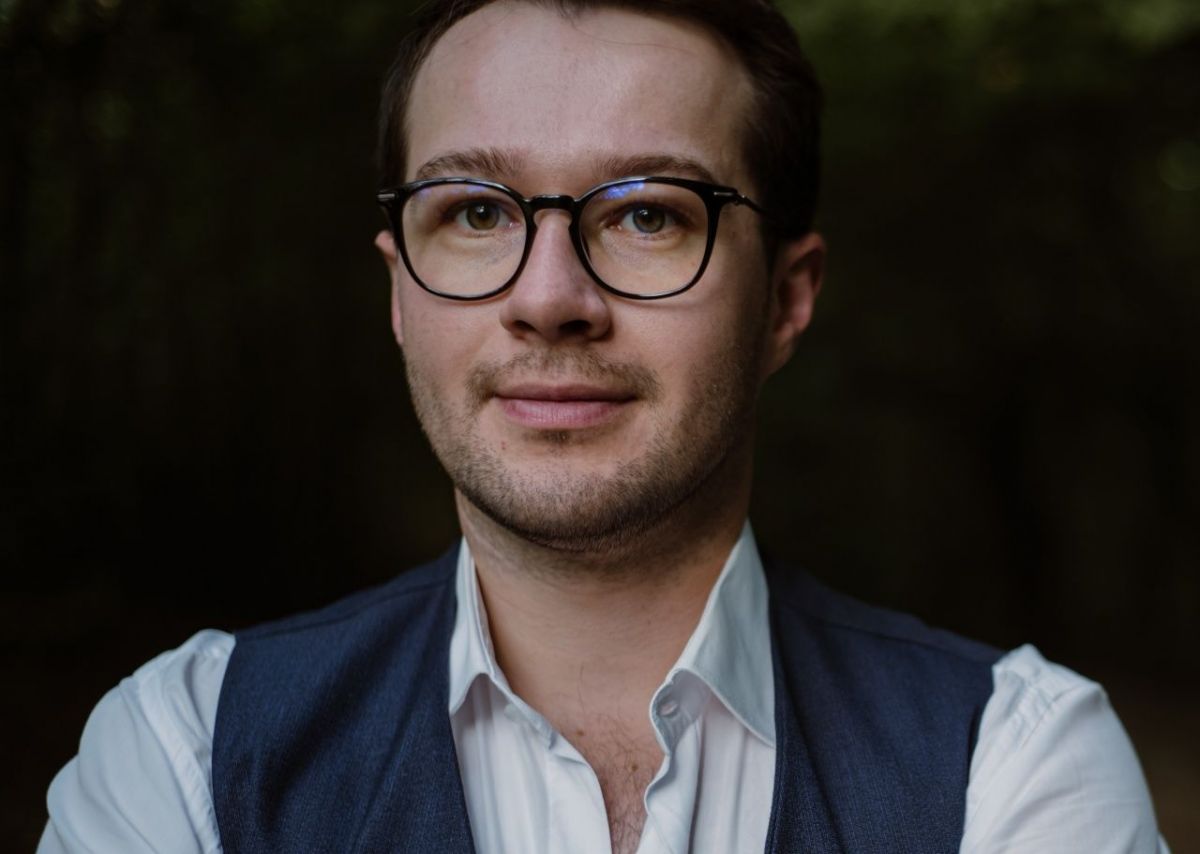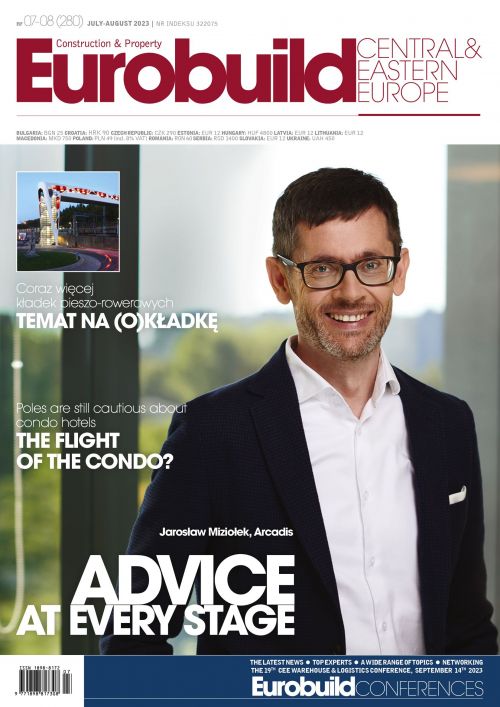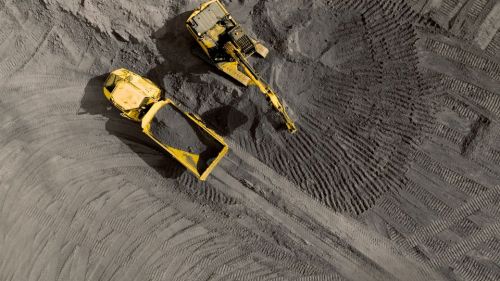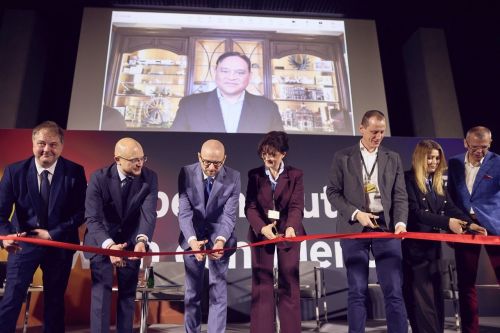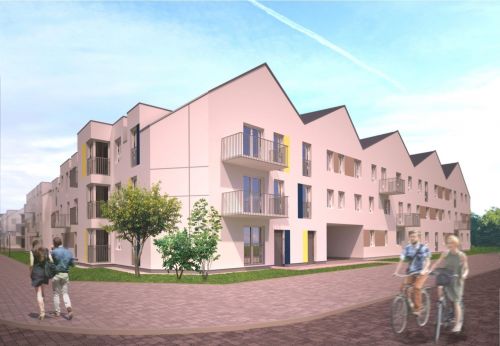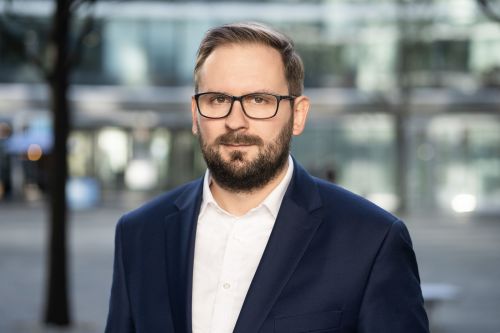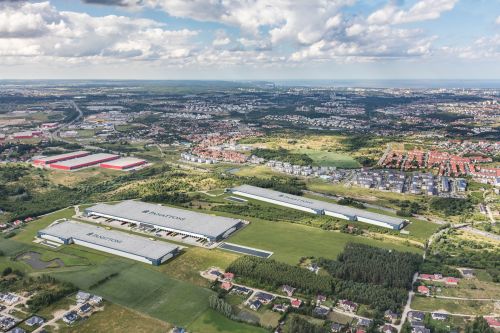Could you tell us about the history and the priorities of Noho Logistic?
Marek Mazur, director of operations, Noho Logistic: Noho is a relatively young Polish warehousing company, but the rock it has been founded on is our experience, knowledge and passion for real estate. Our operations are based on flexibility, sustainable development, business sense and good design.
Where are Noho’s centres and what types of tenant do they attract?
At the moment we own two warehouse parks in Kraków: Noho Logistic Park Christo Botewa and Noho Logistic Park Bartników. Together they comprise 40,000 sqm of leasable space and are located in Rybytwy district near the centre of the city, which means we can create competitive workspaces in our buildings and reduce the costs for last-mile deliveries. As consumers, we all benefit from this. Our tenants are active in various industries, such as the automotive sector, e-commerce, hi-tech and the grocery segment.
What makes what Noho offers st
